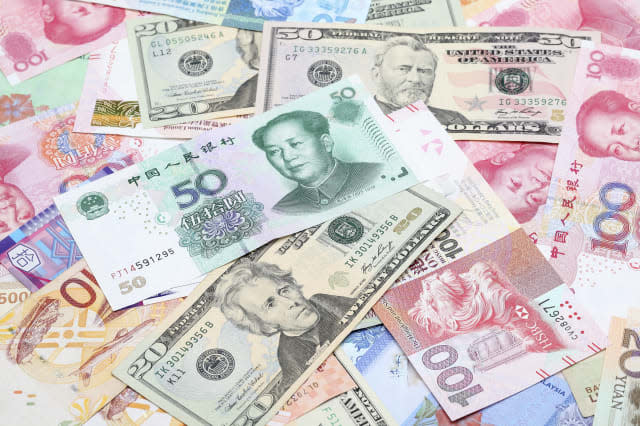Don't fall for this currency spread betting scam

Have you ever met a poor bookmaker? If you bet on horses, while you might win from time to time, overall you are bound to lose. The bookies always win; after all, they are the ones that makes the odds.
And they almost certainly know the runners and riders better than you – it's their livelihood, after all. They may tempt you into backing 100-1 outsiders, knowing they win so rarely that there is just a tiny risk of paying out. At the same time, the odds on the best horses are so low that they have little to lose.
It's the same at the casino where the classic roulette wheel has a zero so the 'bank' has to win one in 37 times – enough to clear an automatic profit.
For most, a day out at the races or a night at a casino are not money making expeditions. They're fun – you know you will probably lose so you set out with a fixed sum of cash to spend.
But what happens when betting is presented to you as an investment, on a par with equities or commodities? Does that suddenly turn the tables on the bookmaker or casino owner who normally holds all the trumps?
Spread bet on currency markets
You may not think so. But a guy called Robert who cold called me this week wants me to believe that I can beat the bookies. It's not taking a punt on the horses or roulette. Instead, his company specialises in taking private investors' money to spread bet on currency markets.
You can spread bet on just about anything, from the value of the FTSE 100 share index to the number of points in a rugby game or the runs in a cricket match. Let's use the rugby example to explain how spread betting works. The bookie suggests that the total points from both teams will be between 50 and 55. That's the spread.
If you think it will be a high scoring match you go 'long' and the bookie pays you for every point over 55. Going 'short' means you are paid for every point below 50. Get it wrong and you owe the bookie from the wrong end of the spread. Someone going long in a match where only 20 points are scored would owe 35 times the agreed amount (55-20) for example.
If the total is between 50 and 55 - the most probable outcome - everyone loses bar the bookie.
An unbelievable return
Robert claims that his expertise has returned an average of 5% over the past four years trading the five biggest currencies in the world: US dollar, euro, sterling, Swiss franc and Japanese yen.
But that's 5% a month, not 5% a year! On this basis, your money would more than treble in possibly the most watched and researched markets on earth. Take a look at professionally run currency funds. How many of those have trebled investor money over four years? I can't find one.
Robert is upfront about costs. He takes 20% of the gains in winning months, although he does not refund anything when he gets it wrong.
He backs his amazing – if true – track record by referring to his website. And there the figures are in black and white. Moreover, the gains are tax-free as it's betting, not investing.
The problem is that there is absolutely no external audit of these numbers, no independent verification whatsoever.
There's another difficulty, besides the cold calling. Robert's firm is based in North Cyprus, a state recognised by no other country besides Turkey. There is no legal comeback if the firm fails.
Most bets on horse races fail. And it is estimated that four out of five financial spread bets also fail.
If Robert and his mates in Northern Cyprus were so clever that they can beat the bookies and the markets by such a huge margin, why are they bothering to cold call?
Read more on AOL Money
Dangerous scams to watch out for
How can you avoid becoming a victim of fraud?
Scamwatch: phone banking fraud





